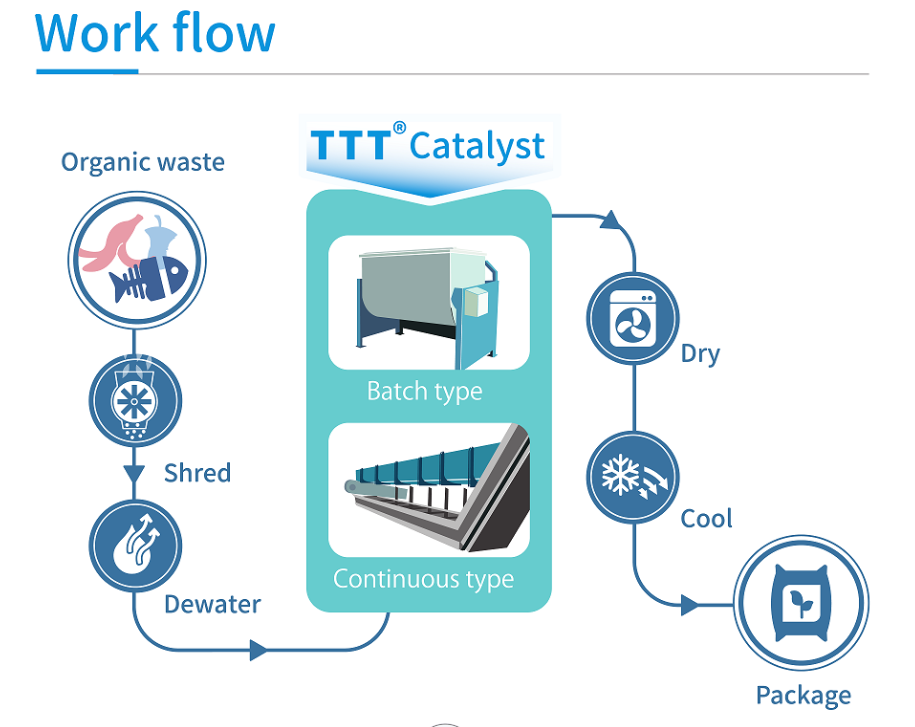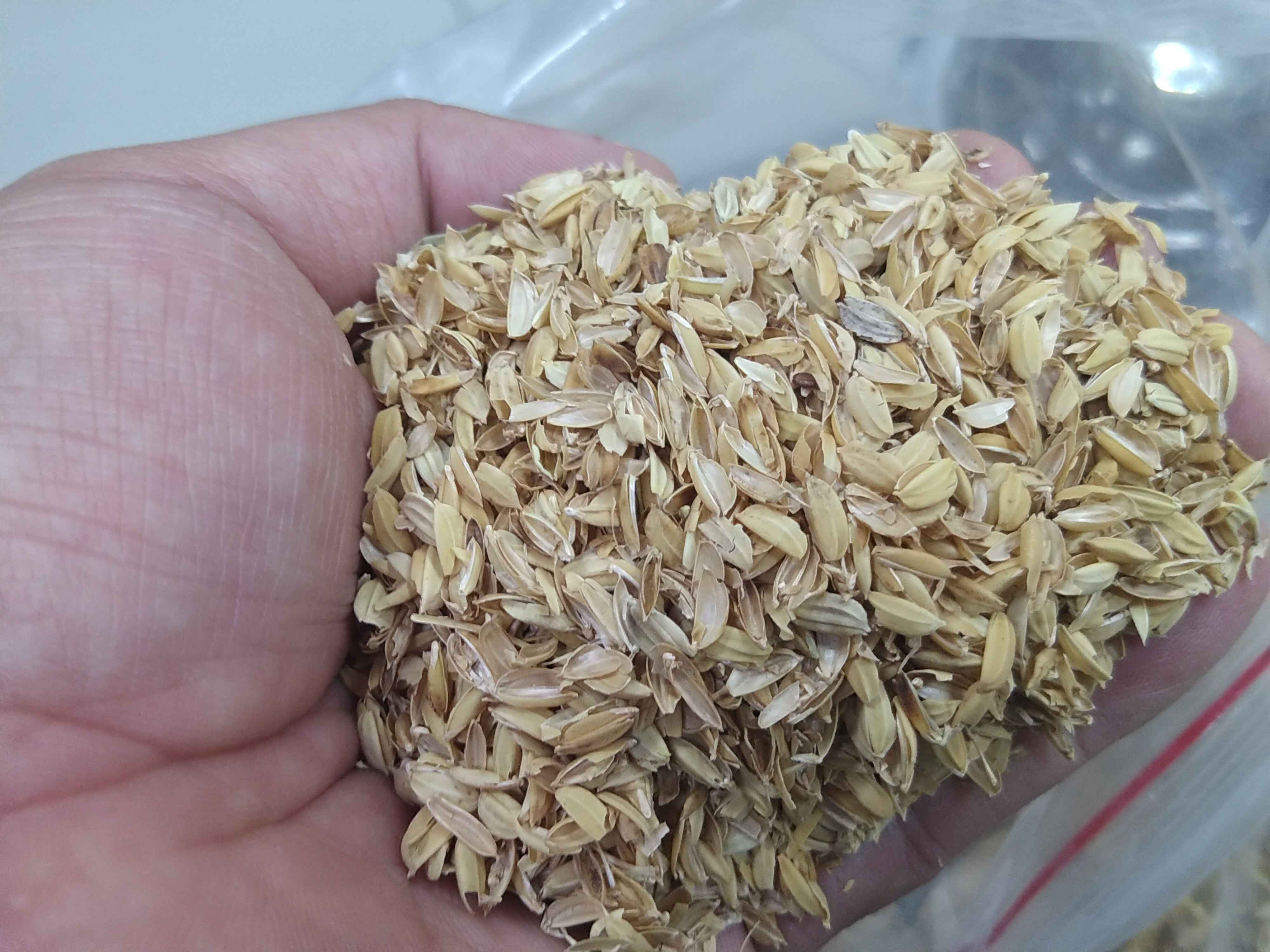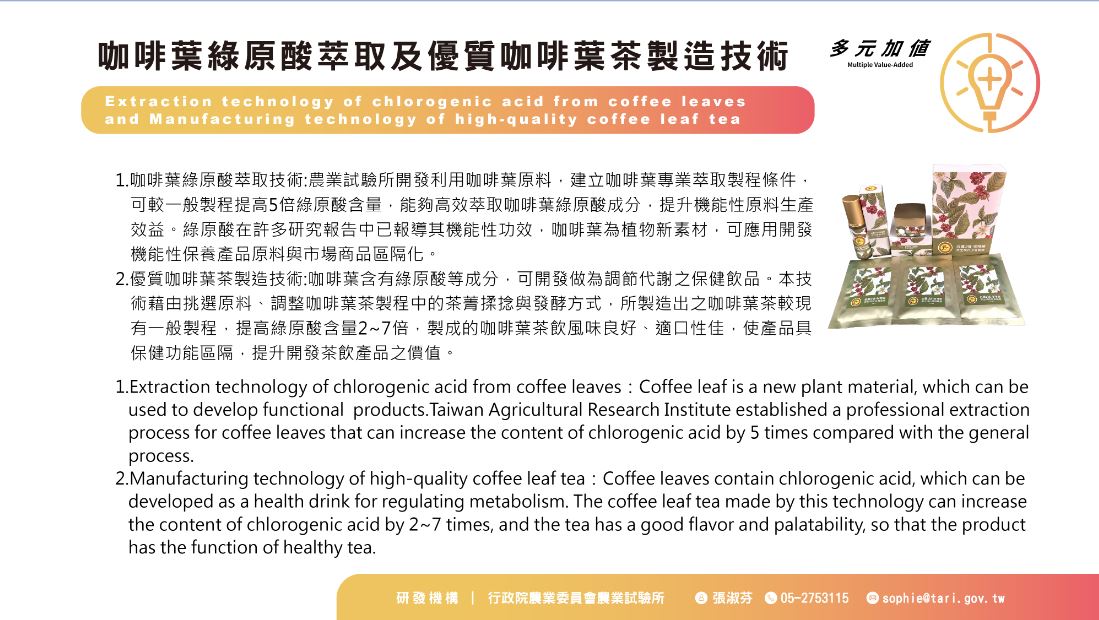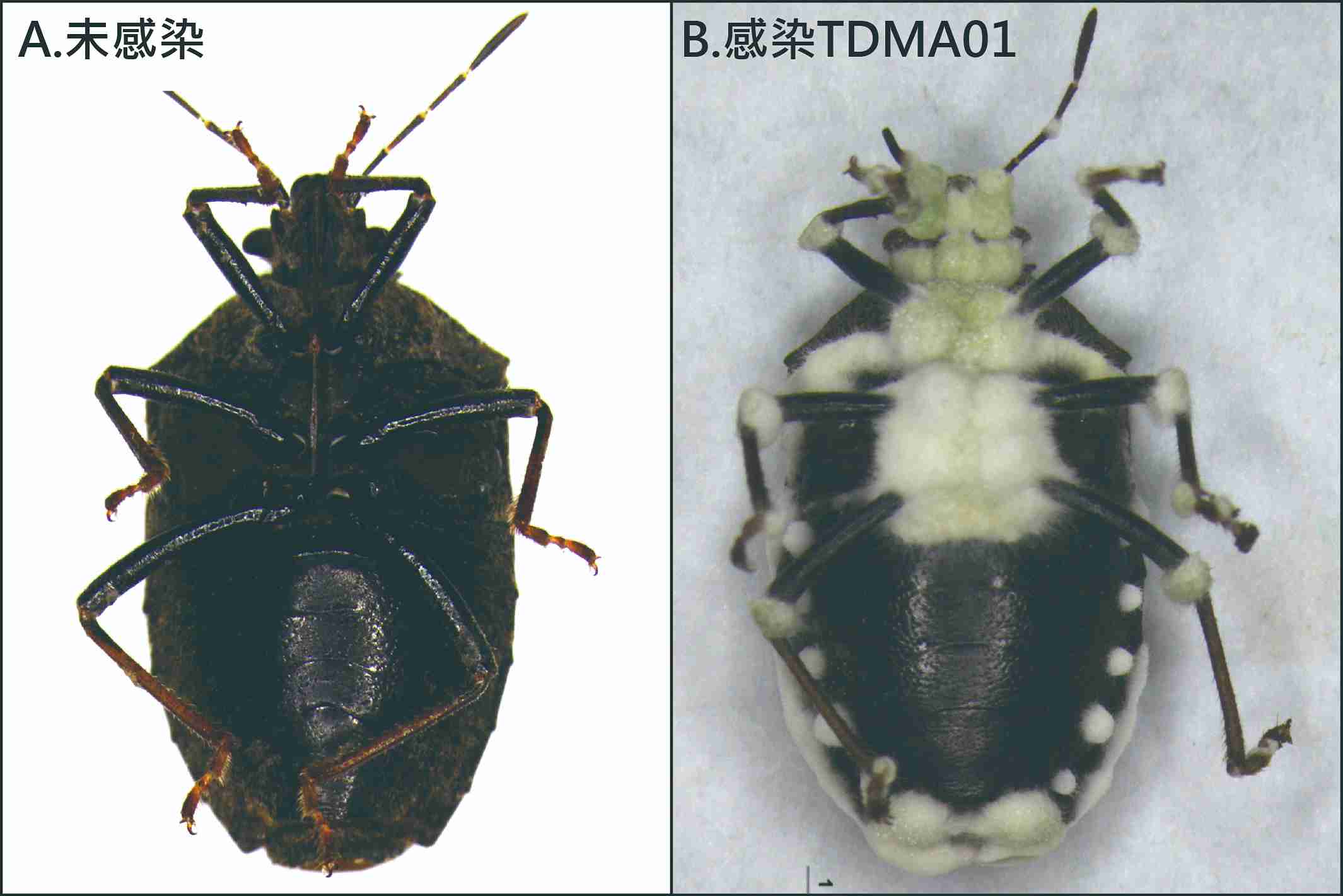

Common organic waste treatment methods include incineration, landfill, and composting. The greenhouse gas emissions caused by the energy demand for treating one ton of organic waste with this treatment technology are 50 kgCO2e/mt, while incineration, composting, and landfill require 450, 475 and 750 kgCO2e/mt (OpenLca nexus database). However, due to the fact that the carbon footprint of organic fertilizer production has not been checked, and there is no actual value for raw material transportation, this value will also vary depending on the conditions of each treatment plant, but it is estimated that the overall carbon emission is less than 100 kgCO2e. Therefore, this TTT technology can reduce the emission of 350 kg of CO2e per ton of organic waste compared with traditional composting.
National Chung Hsing University (NCHU), established in 1919, is located in Taichung, Taiwan. It is a comprehensive university offering a wide range of programs in agriculture, engineering, science, humanities, and social sciences. NCHU is known for its strong emphasis on research, innovation, and sustainability. With a focus on international collaboration and community engagement, the university strives to cultivate leaders with global perspectives. NCHU aims to contribute to society through high-quality education, advanced research, and fostering a diverse academic environment.

Production technology of biochar and its vinegar solution in organic fertilizer products

Extraction technology of chlorogenic acid from coffee leaves and Manufacturing technology of high-quality coffee leaf tea

Biological control of rice black bugs Scotinophara lurida using a native entomopathogenic fungus, Metarhizium anisopliae strain TDMA01, in organic rice production

Sample preparation techniques for detecting organic fertilizer using X-ray fluorescence analysis
Technology maturity:Mass production
Exhibiting purpose:Technology transactions、Display of scientific results
Trading preferences:Negotiate by self
*Organization
*Name
*Phone
*Main Purpose
*Discuss Further
*Job Category
*Overall Rating
*Favorite Area
*Key Tech Focus
*Willing to Receive Updates?
Other Suggestions
Coming soon!